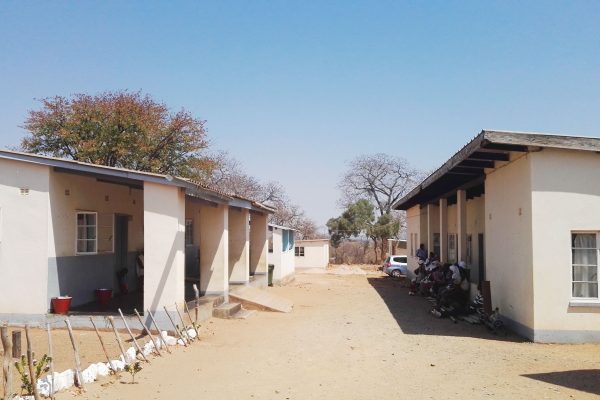
A few African countries, Zimbabwe included, use a cocktail of strategies to increase the efficiency and sustainability of their HIV and Aids programmes.
By Moses Mugugunyeki
While the HIV response in the developing world has been largely funded by international donors and governments, Zimbabwe is one of a few countries in Africa that have managed to mobilise domestic resources to tackle HIV and Aids through the National Aids Trust Fund (NATF), commonly known as the Aids Levy.
The Aids Levy, which is administered by the National Aids Council (NAC), is seen as one of the best approaches to domestic government financing of the response to HIV and Aids.
However, domestic financing alone has not been enough to fund sustained HIV and Aids responses, hence the chipping in of the Global Fund, bilateral and multilateral institutions.
Last week a ceremony was held in Harare to mark the awarding of $502 million additional healthcare funding from the Global Fund to Zimbabwe. The grants, whose principal recipient is UNDP, will support HIV, tuberculosis and malaria programmes for the next three years.
A large chunk of the funding will focus on ensuring universal access to HIV prevention, treatment, care and support services. This will include a specific focus on eliminating mother-to-child HIV transmission and ensuring prevention programmes are serving adolescents and youth and key populations most at risk of HIV.
According to the Ministry of Health and Child Care, last year 14 in 100 people were infected by HIV in Zimbabwe.
- Chamisa under fire over US$120K donation
- Mavhunga puts DeMbare into Chibuku quarterfinals
- Pension funds bet on Cabora Bassa oilfields
- Councils defy govt fire tender directive
Keep Reading
Speaking at the ceremony, Health and Child Care minister David Parirenyatwa said the grant would go a long way in boosting HIV, tuberculosis and malaria programmes in the country.
“With support from the grant we are signing today and support from other partners, the country’s priority is to be able to sustain the gains made so far through optimisation of grant and government resources,” he said.
“The country remains committed to the 90-90-90 targets for HIV, the malaria pre-elimination agenda and the stop TB targets of ending the TB epidemic by 2030.”
Zimbabwe has been praised globally for achievements in reducing both the HIV prevalence and incidence over the years. The HIV prevalence was above 27% towards the end of the 1990s.
Due to a combination of robust HIV prevention programmes that included social marketing, massive community mobilisation and awareness campaigns combined with HIV-counselling and testing, condom promotion and distribution, prevention of mother to child transmission and others, Zimbabwe has become a global example in HIV prevention.
“The UN is pleased to be strategic partners in supporting the government in improving the health care in general and in the three diseases — malaria, TB and HIV,” said UN resident coordinator, Bishow Parajuli.
His sentiments were echoed by Global Fund head of grant management Mark Eldon-Edington, who hailed Zimbabwe for its innovative approaches in tackling malaria, TB and HIV, particularly the Aids Levy.
“The Global Fund will continue to look to Zimbabwe for its leadership in innovative approaches to maximise health outcome,” Eldon-Edington said.
He said Zimbabwe’s ongoing leadership in domestic financing through the Aids Levy and in adopting innovative approaches to maximise health outcomes was “most critical as we seek to optimise our collective investments”.
Zimbabwe remains focused and committed to achieving the 90-90-90 targets and ending Aids by 2030. The 90-90-90 targets speak to 90% of people living with HIV knowing their status; 90% of people who know their status being on treatment; 90% of those on ART having sustainable viral suppression.
NAC is on record saying they should be able to fund 30% of all HIV interventions by 2030. The Aids board said the Aids levy was funding approximately 24% of the ARVs which are in Zimbabwe while the other part is taken care of by Global fund and other partners.
l Feedback email: [email protected]










